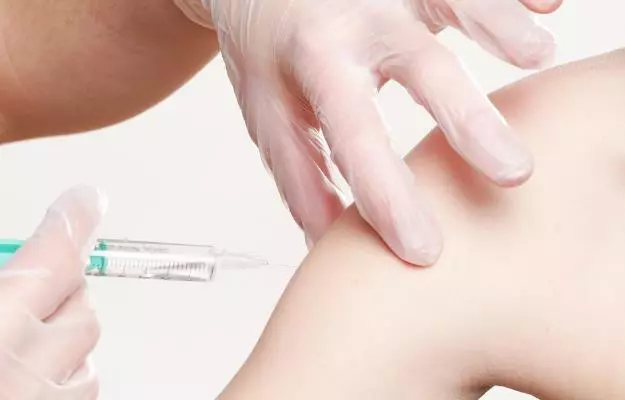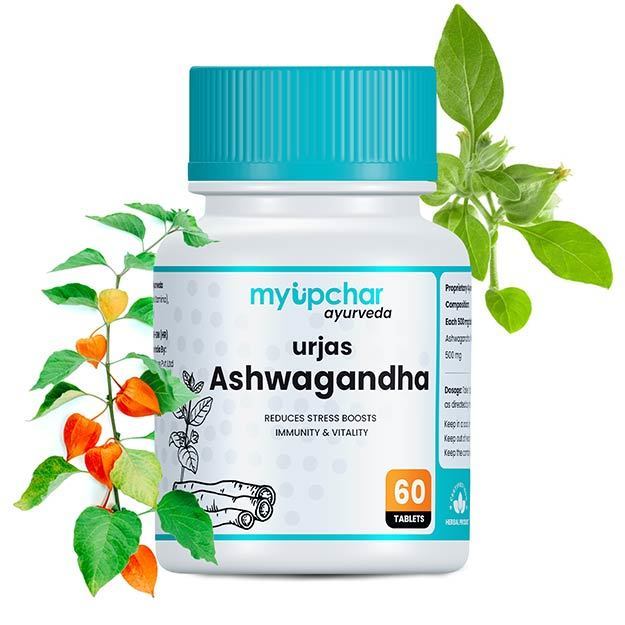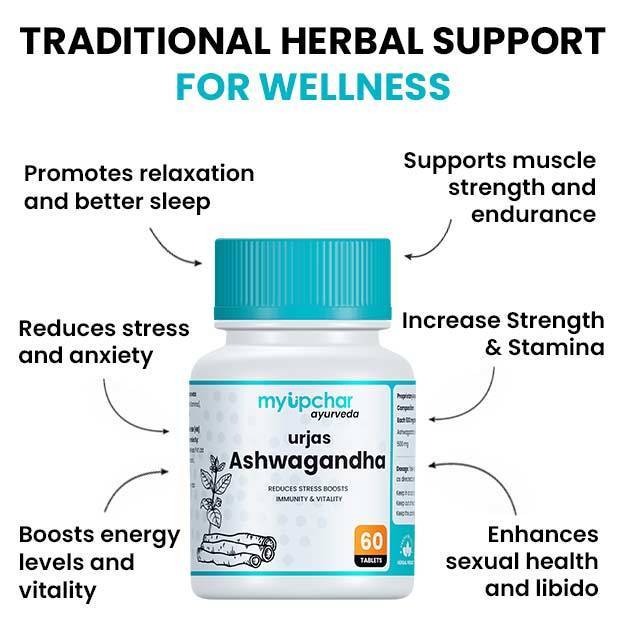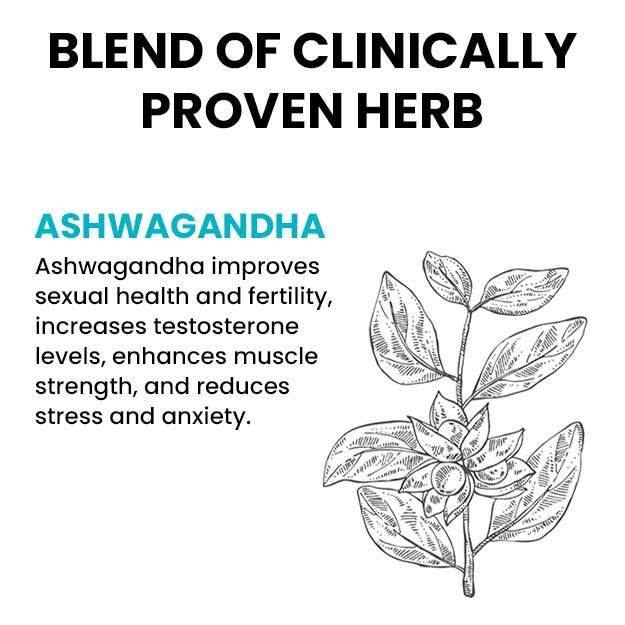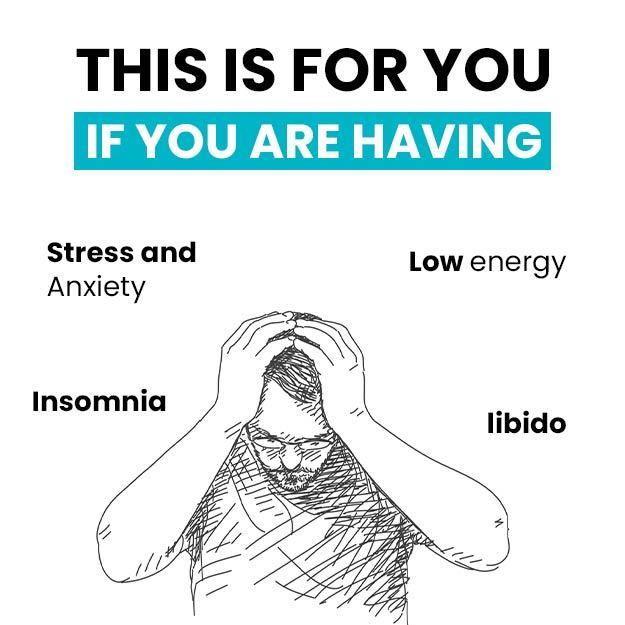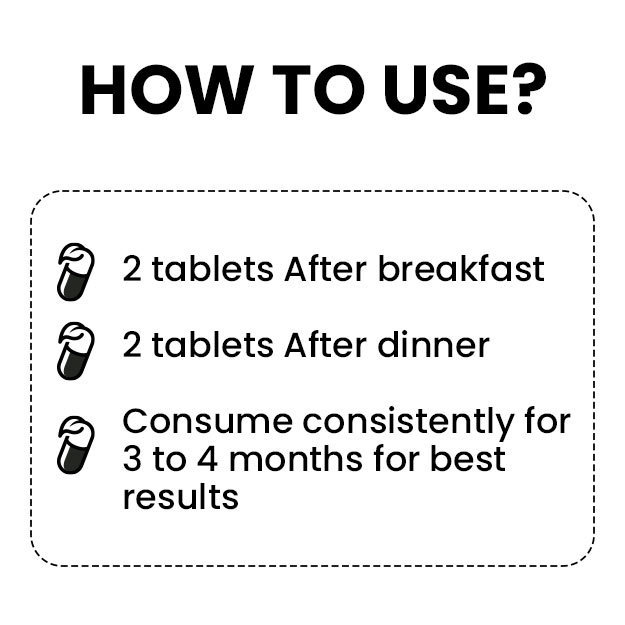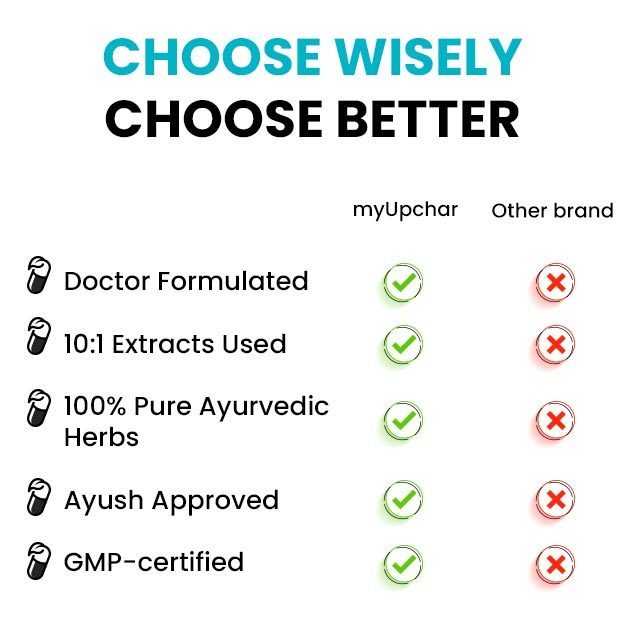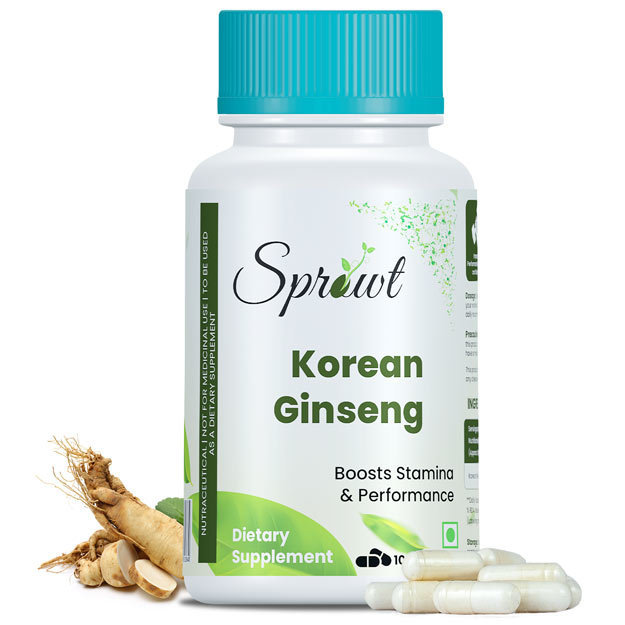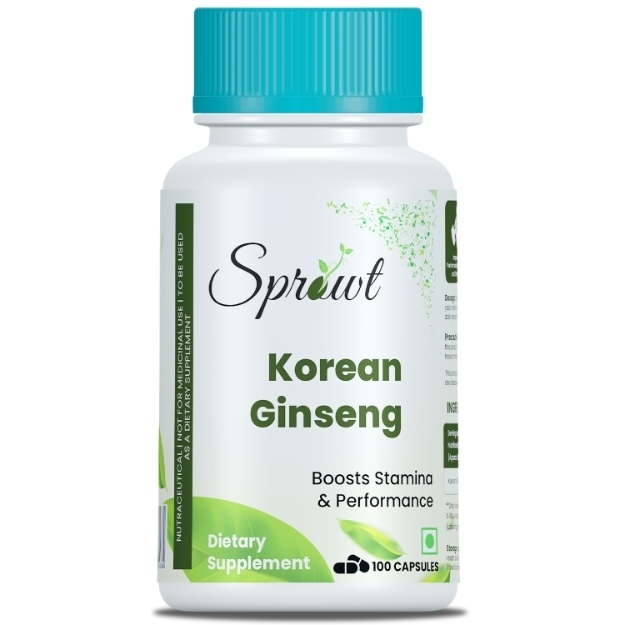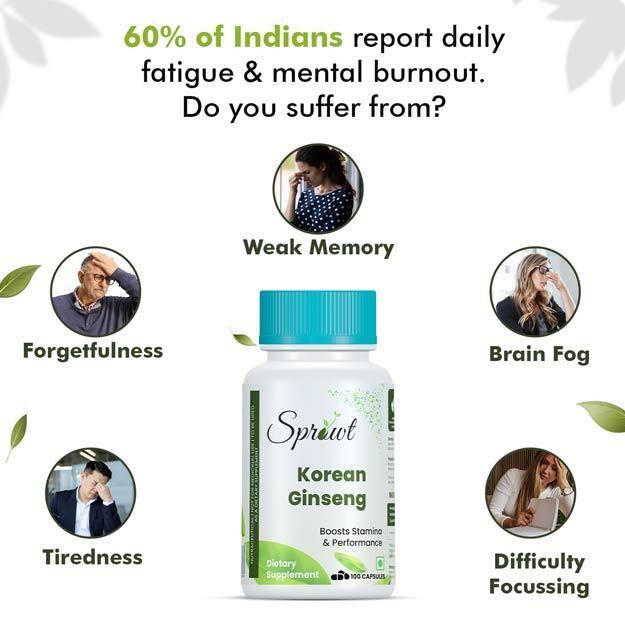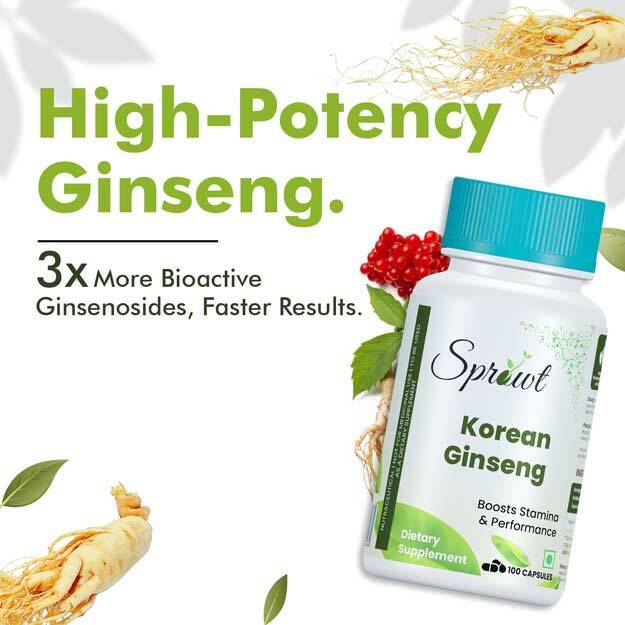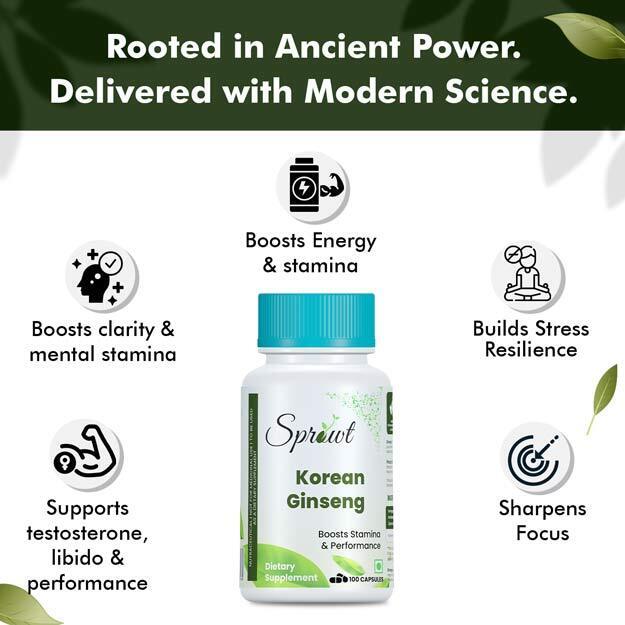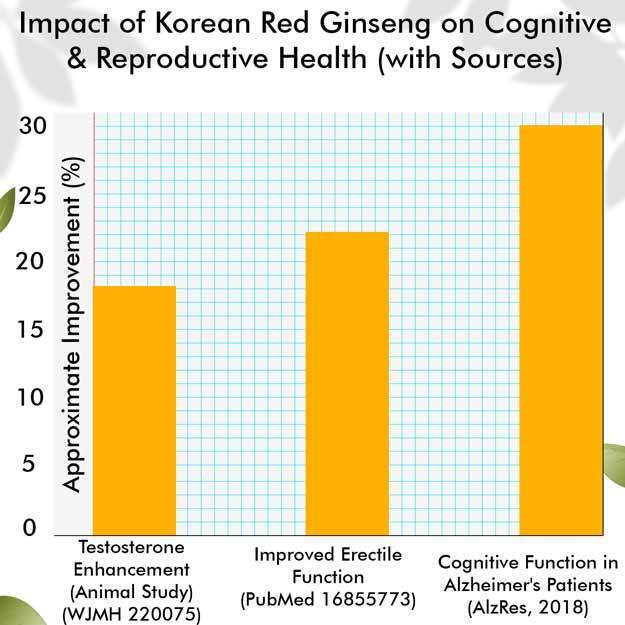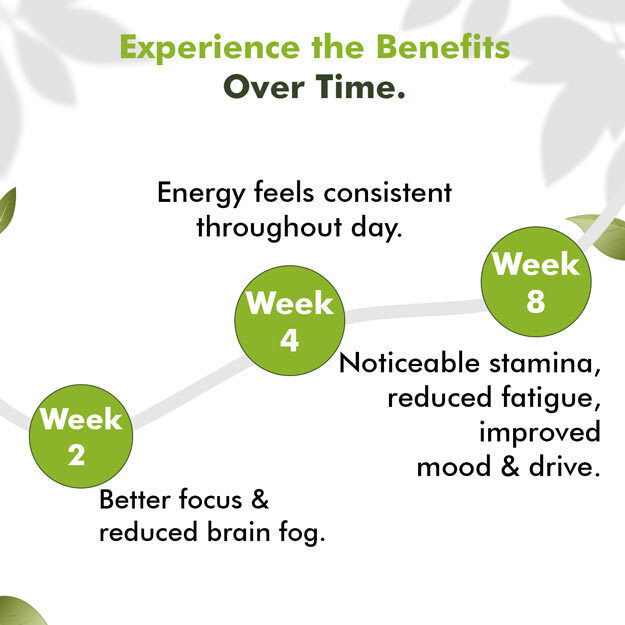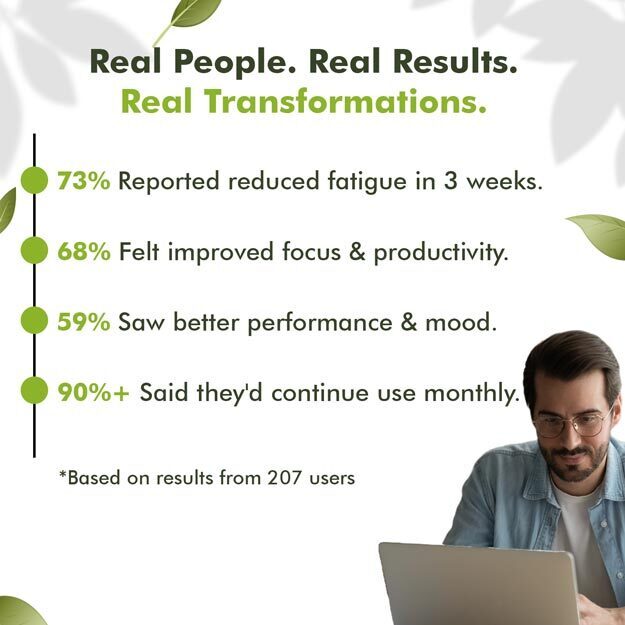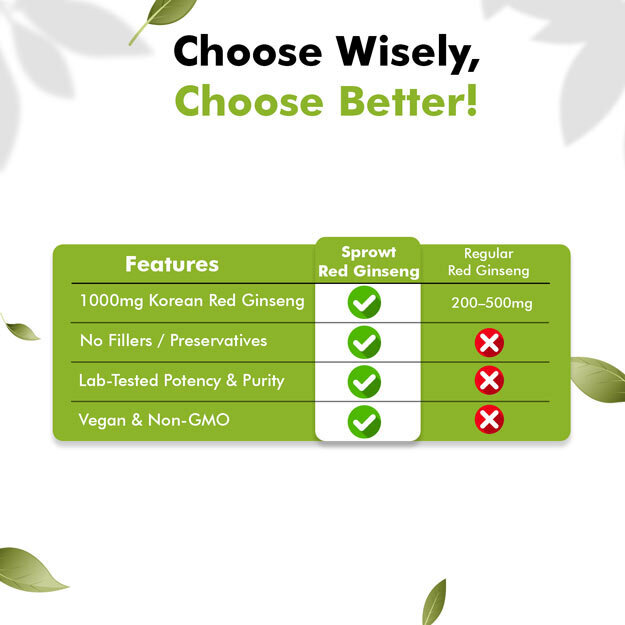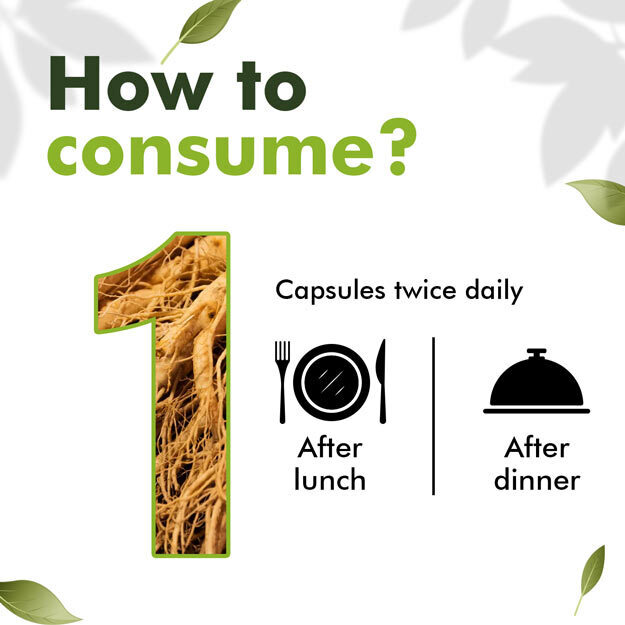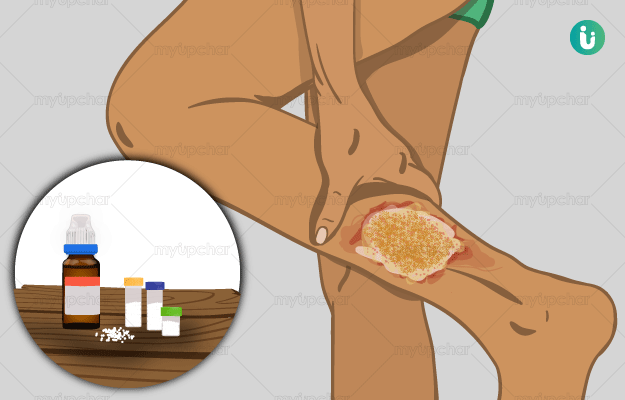Tetanus is often called lockjaw, which in Hindi means clenching or tightening of the jaw. Tetanus is a bacterial infection that causes painful muscle spasms and can also cause death if more severe. The Tetanus vaccine has made it possible to prevent a serious disease like tetanus. Tetanus is called lockjaw because this disease can cause spasms in the muscles of the face and neck, causing an inability to open the mouth, this is one of the most common symptoms of tetanus.
(Read more - Home remedies for muscle aches)
Tetanus is a serious disease that is fatal in 30% of cases. Most cases of tetanus occur in adults who have not been vaccinated, especially in people over the age of 60. Clostridium tetani is the bacteria that causes tetanus and can be found in soil, manure or dust. Clostridium tetani enters the human body through cuts or wounds, especially when the wound is dirty. An animal bite, burn or non-sterile injection can also cause Clostridium tetani infection. Initial symptoms of tetanus can appear anytime from three days to a week after infection, but the average time for symptoms to start is eight days. Tetanus is a disease that can be completely controlled, as it can be prevented by vaccination. However, it cannot be eliminated, as Clostridium tetani is a widely found microorganism in the environment.
This article explains in detail where and when tetanus injection is given, why tetanus injection is given after injury, why tetanus injection is necessary in pregnancy and what is the protection period of tetanus vaccine. Along with this, it is also told what are the price, advantages and disadvantages of tetanus injection.
(Read more -Body Pain)
- What is Tetanus Injection?
- Where Is The Tetanus Vaccine Given?
- When Is A Tetanus Shot Given?
- Why Tetanus Injection Is Given During Injury?
- Why Is Tetanus Injection Important During Pregnancy?
- Tetanus Vaccine Protection Period
- Tetanus Injection Pain
- Benefits of Tetanus Injection
- Side Effects Of Tetanus Injection
- Summary
What is Tetanus Injection?
The tetanus vaccine was developed in Germany in the late 1800s. In 1890, a group of German scientists led by Emil von Behring discovered the first vaccine for passive immunology. The first inactivated tetanus toxoid was discovered and produced in 1924 and became available for sale in the United States in the 1940s. Tetanus vaccine is available in the market as monovalent tetanus toxoid (TT), in combination with diphtheria toxoid (Td) or low dose diphtheria toxoid (Td), or as a whole cell (wP) or acellular (aP) pertussis vaccine. (DT and Td are the same name, except that both capital letters mean higher dose and one capital letter and one lower case letter mean lower dose.
In some countries, combination vaccines with hepatitis B, Haemophilus influenzae type b or IPV are also available. DT-containing vaccines are used for children under 7 years of age and Td-containing vaccines for people 7 years and older. When developing immunity against tetanus, a combination of diphtheria toxoid (D or d) and tetanus toxoid should be used rather than using tetanus toxoid alone.Infants are usually given the DTaP vaccine in four doses at 2, 4, 6, and 15 to 18 months of age. A single dose is given at 4 to 6 years of age. Since antitoxin levels in the body gradually decline over time, a booster injection is given every 10 years using a combined diphtheria-tetanus toxoid (Td).
The tetanus injection is actually given in combination with other vaccines. Tetanus injection is used in three types of combinations which are as follows -
Pre-school boosters for young children usually include diphtheria + tetanus + acellular whooping cough (pertussis) + inactivated polio vaccine (DTaP/IPV or dTaP/IPV). This is called the 4 in 1 vaccine.
Injections for children below 10 years of age usually include diphtheria + tetanus + acellular whooping cough (pertussis) + inactivated polio vaccine + Haemophilus influenzae type b and part of hepatitis B vaccine (DTaP/IPV/Hib/Hep B). This is called the 6 in 1 vaccine. For adults and adolescents who are given tetanus injections, tetanus diphtheria + inactivated polio vaccine (Td/IPV) is usually used. This is called the 2 in 1 vaccine.
A tetanus shot stimulates your body to make antibodies against the tetanus toxin. These antibodies protect you from getting the disease when you become infected with the tetanus virus.
Where Is The Tetanus Vaccine Given?
Any injection is given in a specific place in the body where the vaccine is best absorbed into the veins. In the case of tetanus injection, the best place for this is inside the muscle. There is enough muscle in the arm near the shoulder that the injection needle can be given safely here without causing any harm to the other person. Most injections can be given in more than one place. For example, injection can also be given in the gluteal muscles (in the hips). Doctors usually inject tetanus in the deltoid (shoulder) muscle. If you have not had a tetanus injection since you were a child, you will be given injections starting with the primary three-dose series, described above.
(Read more -First Aid types and tips)
When Is A Tetanus Shot Given?
The full course of tetanus injection requires five injections, usually given in the following manner -
- The first three doses are given as a 6-in-1 vaccine at 8, 12 and 16 weeks for all children born.
- A booster dose is given at the age of three years and four months as a pre-school booster 4-in-1 vaccine.
- A final booster is given at the age of 14 years as a 3-in-1 adolescent booster.
- After completing the primary series, Td booster injections should be taken every 10 years. Since most of us have had tetanus injections in childhood, a booster shot or injection is only needed every 10 years.
These injections are so effective in preventing tetanus that doctors recommend a booster injection to anyone who has recently suffered an injury.
(Read more -Painless vaccines)
Why Tetanus Injection Is Given During Injury?
If you have a wound from an injury, you should contact your doctor, especially if -
- The wound is deep.
- There is dirt or a foreign object stuck to the wound.
- You have not received a tetanus injection against tetanus.
- Or you have any doubts about whether you have been immunized against tetanus.
Your doctor can assess the wound and decide whether you need a tetanus injection or some other treatment.If the wound is clean, but you have not had a tetanus booster in the last 10 years, it is recommended that you should get a tetanus booster. And if the wound is dirty or appears to be infected with tetanus, your doctor may recommend a tetanus booster injection if you have not had a tetanus booster shot in the last five years.
If you have not had your primary vaccination in childhood and you develop a wound, your doctor will give you a dose of a tetanus injection along with a dose of a special immunoglobulin that has high immunity against tetanus at the time of treating the wound. You will have to visit your doctor once in four weeks and then once in six months to complete the primary vaccination series.
(Read more - How to get rid of scars naturally)
Why Is Tetanus Injection Important During Pregnancy?
Vaccination is a simple and effective way to protect mother and baby from certain types of infections that can occur during pregnancy. Pregnant women should talk to their doctor to find out which vaccines they may need and whether they should get these vaccines during pregnancy or wait until after their baby is born. TT (tetanus toxoid) vaccine is given during pregnancy to prevent you and your baby from getting tetanus infection. By getting TT injection, your body produces antibodies that fight against tetanus bacteria and prevent the development of the disease.
When you get tetanus injections in pregnancy, your antibodies are passed on to your growing baby to protect your baby from the disease for the first few months of his life, until he is old enough to get his first TT injection, usually a DTP injection at six to eight weeks of age. When and how many TT injections you get in your pregnancy depends on whether you have recently had the TT vaccine, how many times you have been pregnant so far, etc. Most countries follow a uniform standard for tetanus toxoid (TT) vaccination for pregnant women or mothers in their health care.
The WHO recommends that women who have no vaccination history or record of vaccination should be given the first dose of TT injection as early as possible in their pregnancy, followed by a second dose four weeks later and another dose six months later.To maximize the antibody response in the mother and passive antibody transfer to the infant, 2 doses of tetanus toxoid (TT) are recommended under the National Immunization Program in India in case pregnant women are not aware of vaccination i.e. the first dose of tetanus toxoid should be given as soon as pregnancy is detected. The second dose of tetanus toxoid is given after 4 weeks and if a mother has already received 2 doses of TT injection during the previous pregnancy and she becomes pregnant again in 3 years then only one dose of TT injection is recommended to the mother, this dose of tetanus injection is called booster dose.
(Read more - Pregnancy diet)
Tetanus Vaccine Protection Period
Tetanus injection does not provide lifelong immunity. But there is ample evidence that tetanus shots remain highly effective for longer than 10 years. The protection of the tetanus vaccine begins to decline after about 10 years, which is why doctors recommend a booster shot every decade. Doctors may recommend that children and adults get a tetanus shot before the 10-year protection period is over if they suspect they may have been exposed to tetanus-causing spores.
For example, if you prick your foot with a rusty nail or have a deep cut that has come into contact with infected soil, your doctor may recommend a booster shot.
Tetanus Injection Pain
Usually, there is not much pain felt after getting a tetanus injection. Although the needle has pierced the skin, it is a relatively tolerable process. Your skin may turn red at the injection site and you may also feel pain if this injection has been given again in a very short period of time after your previous booster injection. If you have ever been vaccinated, you know that you may feel a little discomfort in your arm for a few days after the injection. This pain is also a sign that your immune system is building antibodies in response to the vaccine virus.
Even after 48 hours, if you are feeling discomfort at the injection site, then you should immediately go to your doctor and inform them about the pain so that if the discomfort is more, you can get relief.
Benefits of Tetanus Injection
Tetanus injection is very effective and provides long-term protection. Although booster doses are needed to maintain immunity once vaccinated, all children and adults should be immunized against tetanus. The tetanus shot is one of the most effective, well-tolerated and least expensive vaccines. Vaccination is the main weapon for initiating disease control in developing countries and the only way to eradicate tetanus in developed countries.
Regardless of socio-economic status, some evaluations show that the cost of vaccination is almost equal to the averted treatment and sero prevention costs. The most important benefit of vaccination is the prevention of death, suffering and disability. You can prevent the development of acute symptoms of tetanus by taking a tetanus shot soon after injury. The tetanus shot contains a potent toxoid that can effectively protect your wound and prevent the bacteria from producing the toxin that causes the painful condition. Tetanus injections have been used to prevent the disease since the 1920s and many studies have shown that this vaccine is the most effective and reliable way to protect your wound from bacteria and prevent tetanus disease from developing in your body.
Side Effects Of Tetanus Injection
Along with its essential effects, this medicine can also cause some unwanted effects. Although not all of these side effects occur, you may need to pay attention to their treatment if they are harmful.Contact your doctor immediately if you have any of the following side effects -
- Redness at the injection site
- Pain
- Swelling
- Discomfort or discomfort
- Nausea, vomiting or diarrhea are considered mild side effects of Tdap injection.
- You may experience mild fever up to 100.4ºF (38ºC) after getting the tetanus vaccine.
- You may experience headache or aches and pains in your body after your tetanus vaccination.
- In some rare cases, the tetanus injection can cause an allergic reaction. Severe allergic reactions usually start a few minutes or a few hours after vaccination.
- You may feel tired or sleepy after getting a tetanus injection. This is a completely common side effect. Like the other side effects listed above, it is a sign that both your body and immune system are working hard to build immunity to the virus.
These side effects tend to subside soon. This is not a complete list of side effects and some patients may also have many other side effects from the injection. Talk to your doctor for advice about side effects.
Summary
Tetanus injection, commonly called tetanus vaccine or tetanus toxoid, is an important vaccine that provides protection against tetanus disease. Tetanus is a serious and potentially fatal infection caused by a bacterium called Clostridium tetani. This bacterium is usually found in soil, dust, and animal manure and enters the body through an injury or wound.
The main purpose of the tetanus vaccine is to develop immunity in the body against the toxin of this bacteria. This vaccine is usually part of the DTP (diphtheria, tetanus, and pertussis) vaccination program in childhood. Adults are advised to take a booster dose every 10 years, especially if they have an injury or wound. This vaccine is very effective and helps prevent severe tetanus infection, which can cause muscle stiffness, cramps, and other serious complications. Therefore, getting a tetanus injection is an important preventive measure that is necessary to protect individual and public health.

